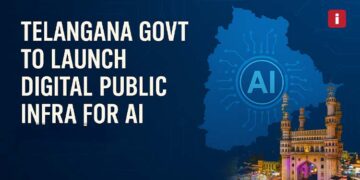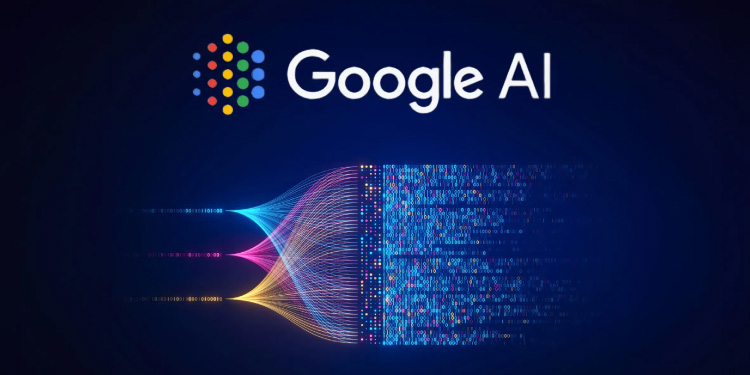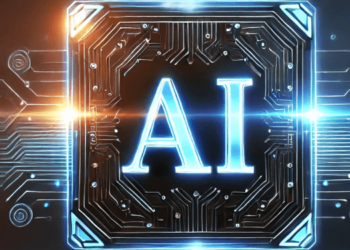Introduction
Google, the world’s most dominant search engine, is reportedly testing an AI-powered search experience that could reshape how users interact with online information. This experimental search engine, built entirely around artificial intelligence, aims to provide faster, more accurate, and context-aware responses, reducing the need for traditional webpage listings. But what does this mean for users, businesses, and the future of search?
How Google’s AI-Only Search Engine Works
Google’s AI-driven search engine is designed to interpret queries in a more natural, conversational way, similar to AI chatbots like ChatGPT and Gemini. Instead of delivering multiple web links, this search model compiles and summarizes the most relevant information from various sources, offering users a direct answer-focused experience.
Some key features being tested include:
- Conversational Search: Users can interact with the AI in a dialogue-style format, refining queries for better results.
- AI Summarization: Instead of scanning through multiple links, users get concise, well-structured answers.
- Context Awareness: The search engine remembers previous interactions, making follow-up searches more relevant.
- Fewer Traditional Links: Google may prioritize AI-generated responses over traditional website rankings.
Explore Google’s AI advancements
Why Is Google Experimenting with AI Search?
The rise of AI-powered assistants has changed how users expect to find information. Google’s traditional 10-blue-links format is being challenged by AI chatbots and platforms that offer instant answers without requiring users to visit multiple pages. This shift has led Google to explore new search experiences focused on efficiency, speed, and relevance.
Key motivations behind Google’s AI search:
- Competing with AI-driven platforms like OpenAI’s ChatGPT and Microsoft’s Copilot.
- Enhancing user experience by reducing time spent sifting through web pages.
- Increasing advertising revenue through AI-powered sponsored answers and recommendations.
Read about Google’s AI Search innovations
The Potential Impact on Websites and SEO
If Google rolls out an AI-first search engine, it could significantly alter search engine optimization (SEO) strategies and how websites attract traffic. Some possible changes include:
1. Reduced Organic Traffic
With AI-generated answers replacing traditional search results, websites that rely on Google for traffic may see fewer clicks, especially if users find all the information they need directly from AI responses.
2. Shift Towards Structured Data
Google’s AI search relies heavily on structured data, schema markup, and well-organized content. Websites must focus on providing concise, authoritative, and AI-friendly content to remain visible.
3. Increased Focus on Direct Engagement
With organic traffic potentially declining, businesses may need to shift strategies, prioritizing direct customer engagement through:
- Social media platforms
- Newsletters and email marketing
- Community building on owned channels
Check out Google’s Search updates
- Privacy and Ethical Concerns
As AI takes a greater role in search, concerns over data privacy, bias, and misinformation are growing. Users and businesses alike worry about:
- Algorithmic Bias: Will Google’s AI provide unbiased and reliable answers?
- Data Privacy: How much user data will be used to refine AI-driven search?
- Content Ownership: If AI summarizes content from websites, how will creators and publishers be credited or compensated?
Read Google’s AI Ethics Policy
Final Thoughts: The Future of AI Search
Google’s AI-only search engine is still in its experimental phase, but it signals a massive transformation in how people interact with online content. While AI-powered search promises speed and efficiency, it also raises critical questions about digital content discovery, website traffic, and privacy concerns.
At Insight Tech Talk, we continue to monitor and provide the latest updates on AI-driven innovations that impact everyday users, businesses, and the tech industry as a whole.
Stay ahead of the AI revolution—subscribe to Insight Tech Talk for daily updates!













































